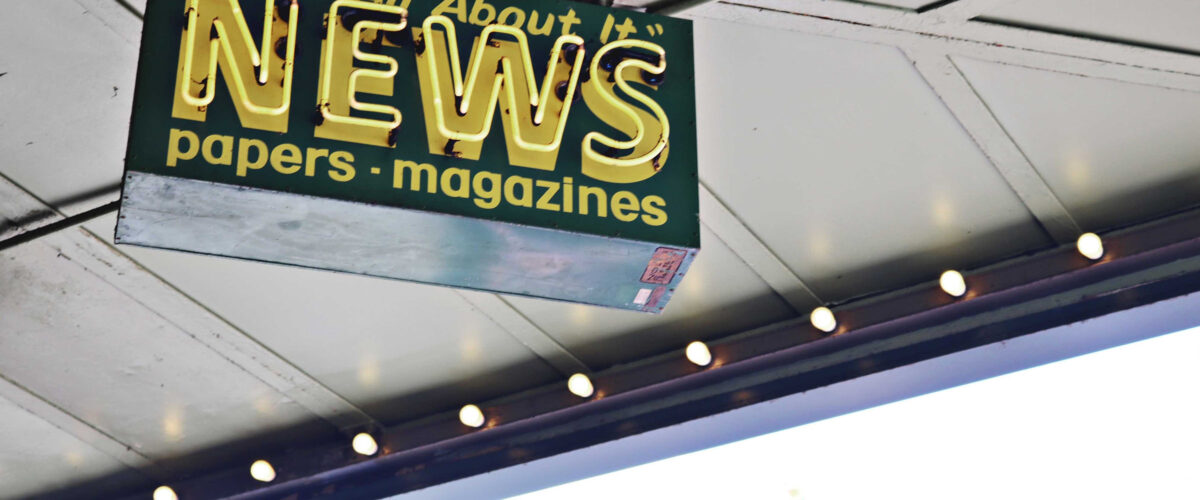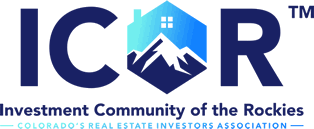
Why Investors are Settling for Negative Cash Flow
The time was 2015 and prices of homes were around $300,000. You locked in your interest rate for under 4%. Life was good. Rents were continuing to climb, making your cashflow grow more and more. It was financially irresponsible not to buy real estate.
Fast forward 7 years and the average home price is closer to $700,000 and interest rates are flirting with 6%. Rents have continued to climb, but not quite enough to justify these new payments. Welcome to the era of negative cashflow.
So why hasn’t the market slowed down? Why are investors still buying? Does it still make sense?
Let’s dive in, starting with defining cashflow! Cashflow is the rental income that is left over after you have covered all your payments and expenses: mortgage, homeowner’s insurance, taxes, maintenance and repairs, utilities (if not covered by renter), property management (unless you’re self-managing) and other expenses. You’re cash positive when you have leftover income piling up in the bank. If you are breaking even that means you are covering all costs, but not making any money on top of that. Negative cashflow means the rent doesn’t cover your payment and expenses, and some of that will have to come out of your pocket. So, why would you ever buy a deal that has negative cashflow? Why would you direct a portion of your monthly income into a 401k plan? Savvy investors are realizing that purchasing a property with negative cashflow can easily be justified by its rapidly appreciating value. What is the difference between throwing a few hundred dollars into the stock market and throwing it into real estate? One of those investments is going to drastically help you during tax season, and one of them may give you a heart attack due to volatility.
If you have been around the block long enough, you understand that interest rates are just a point in time. If you want to drastically lower your monthly payment, acquiring a low interest rate is key. So, when you purchase a property today, you know that you may have a higher interest rate for the time being, but when they go back down, you can refinance and reduce that payment. If your plan of attack is to wait for interest rates to go down, you will have missed out on missed out on years of potential appreciation, debt reduction, and tax benefits.
Leveraging your money to build wealth can only happen when you give it time. The more time you allow your investment to grow, the more money you will make. Cashflow is not the end all and be all of real estate investing. It is merely a piece of the pie. Sacrificing one stream of income to use real estate as a wealth building tool should not be overshadowed by growing wealth through appreciation, debt reduction, and tax benefits.
All in all, interest rates are high. Purchase prices are high. Risk may even seem high. However, I would STILL argue that NOT investing in real estate is an even greater risk. Don’t sit on the sidelines. Calculated risk can lead to great reward.
